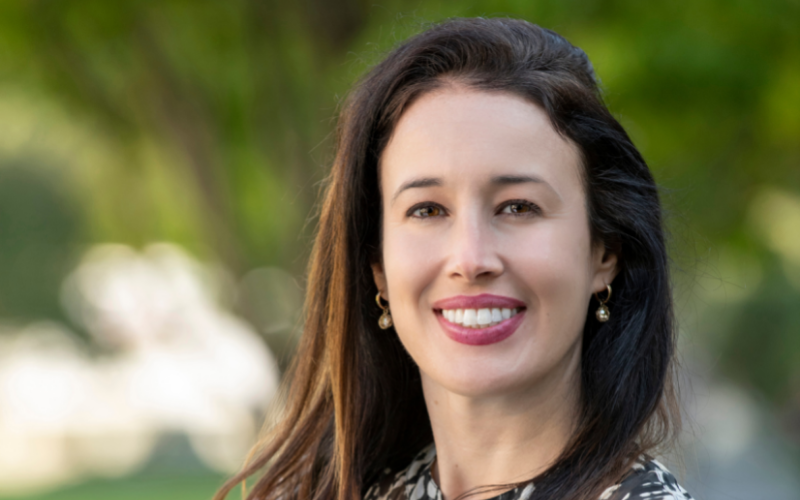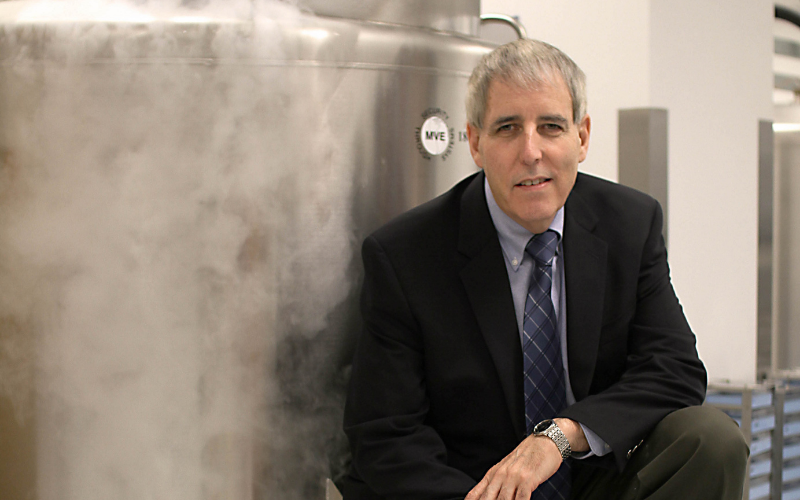By: Trish Adkins
While the pandemic continues to bring uncertainty in the world, Alex’s Lemonade Stand Foundation (ALSF) funded researchers are continuing to push ahead and make strides in the search for safer treatments and cures for all children. Fueled by ALSF funded research grants, these researchers utilize collaboration, innovation and cutting-edge science in their labs all around the world.
These researchers are aiming to not just level the playing field — but to give children what they need: cures and safer treatments.
Meet a few of these researchers to watch in 2022:
1. The Crazy 8 Researchers
ALSF committed $18.5 million to four game-changing, collaborative pediatric oncology projects at 15 institutions in the United States and Europe. Funded through the Crazy 8 Initiative, these projects are taking on the most deadly childhood cancers with one singular focus: curing the incurable.
Yael Mossé, MD, of Children's Hospital of Philadelphia, is the leading the team that is studying how to drug MYCN, a protein known to drive incurable pediatric cancers. Heinrich Kovar, PhD, of St. Anna Children’s Cancer Research Institute, is studying the origin of sarcoma. Leonard Zon, MD, of Boston Children’s Hospital is studying how to barcode pediatric leukemia and match targeted therapies. Charles Mullighan, MBBS (Hons), MSc, MD, of St. Jude Children’s Research Hospital, is working to expand and utilize molecular glues that can be used to treat the deadliest pediatric cancers.
In just under a year of work, these four interdisciplinary teams have already made significant progress, setting the stage for discoveries that are already changing the way the research community understands pediatric cancer. In a few weeks, ALSF will announce additional Crazy 8 projects.
2. Howard Hughes Medical Institute Investigators
Two ALSF funded researchers, Michelle Monje, MD/PhD and Cigall Kadoch, PhD, were named as Howard Hughes Medical Institute (HHMI) Investigators.
The HHMI program supports more than 250 investigators, located at more than 60 research institutions across the United States. As HHMI investigators, Dr. Monje, who is based at Stanford University, will study the interactions between aggressive brain cancers, like glioma, and the nervous system’s circuity; and Dr. Kadoch, who is based at Dana-Farber Cancer Institute, will study chromatin and gene regulation in childhood and adult cancers. Both will receive $9 million over a 7-year period.
It is particularly exciting for the ALSF community that HHMI has awarded two Investigator-ships to researchers who are intensely focused on the biology of childhood cancers.
3. Breaking Chemotherapy Resistance
ALSF researcher Dr. Patrick Reynolds, made a discovery that could be a game changer for children who’s high-risk neuroblastoma has become chemotherapy resistant. Using cancer tumor models and cell lines from the Childhood Cancer Repository, Dr. Reynolds and his team studied chemotherapy resistant neuroblastoma.
The result: the discovery of a therapeutic agent that reversed chemotherapy resistance. The results of his research were published on August 18, 2021 in Science Translational Medicine, a step that makes this discovery available to other researchers to use in their work.
4. CAR T Cell Innovators
Using donor-derived genome-edited CAR T cells, Dr. Alice Bertaina of Stanford University and her team have successfully developed a robust system to remove the “attack” gene in the CAR-T cells and replace it with the leukemia-targeting gene. Ongoing studies include methods to ensure the safety of the CAR-T cells.
These include: incorporating a safety switch whereby they can program the discard of the engineered CAR-T cells allowing them to fully control their administration or adding another gene that can be targeted for discard using drug treatment. Upon completion of funding, Dr. Bertaina expects to be able to manufacture clinical grade adapted CAR-T cells and apply for FDA approval to initiate a clinical trial.





